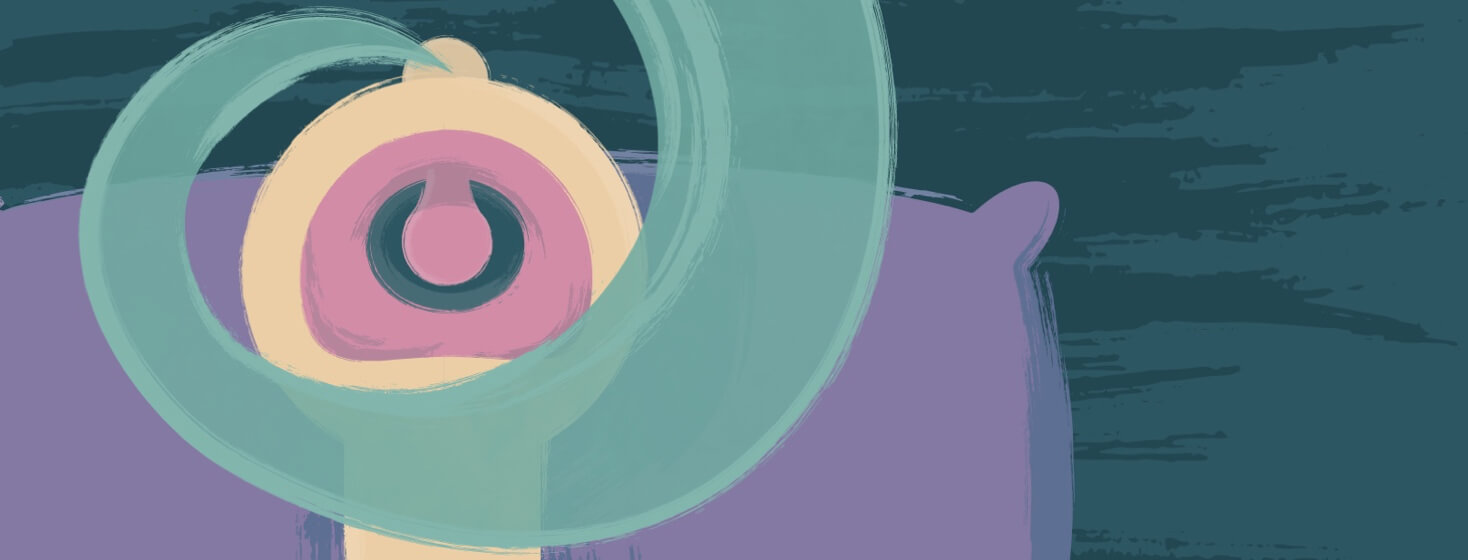I Don’t Snore But You Sure Do: A Case of He Said She Said
I spent a lot of time trying to convince my husband that he snored. I would frequently wake him up and tell him to roll over. Inevitably he would say he wasn't snoring. To which I would usually quip something like, "You were asleep, how would you know?"
Eventually, my husband started telling me that he was not snoring and that I was. I would quip back something like, "Whatever, just roll over," because I knew full well I wasn't snoring; I was being awakened by him snoring.
A surprising realization
Then came the night I just could not take it anymore. I was exhausted, and the snoring kept waking me up just as I would drop off. I tried to ignore it, but still, there it was. Snoring so loud, I swear it was rattling the shingles.
I reached over to my husband's side of the bed to shake him and tell him to roll over or something. My hand was flailing around and slapping the bed. Finally, I sat up and discovered I was alone in bed; my husband was out in his workshop still, not yet having come to bed.
A fact I could no longer deny
Denial that you have a problem is a real thing. For me, it was at that moment that I could no longer deny that my husband (gasp!) had been right. I was the one snoring and apparently had been waking myself up all along with my own very loud snores.
Obviously, it was time to face the music, go to the sleep center, and get checked out. Being in the medical field (before I moved over to the sleep medicine field), I was aware of sleep disorders and all but didn't think I had one.
Snoring is an easy symptom to spot
Snoring is the single most common cause of someone going to the sleep center for an evaluation. It is why so many doctors ask if you snore, as it is such an easy symptom to spot. (Well, as long as you know for sure who is snoring anyway.)
Most people do not believe they have a problem or that they snore as loudly as they do. That is not to say that you cannot have sleep-disordered breathing and not snore, or not snore loudly; it does happen, just a lot less often.
Usually, that will happen with people who have predominately central sleep apnea, not obstructive sleep apnea.
When snoring is not a sign of sleep-disordered breathing
There are also some people who have only a snoring problem and do not have sleep-disordered breathing. When that happens, you may see a deviated septum or other nasal passage issues that require an ENT to resolve. Snoring that arouses you out of your sleep stage into lighter sleep or even brief waking can leave you just as exhausted as sleep apnea.
However, that doesn't mean you may not end up developing sleep apnea later in life and end up without loud snoring to warn you that you have a problem. I have seen that happen in the sleep center as well.
Other signs of sleep problems
It is very common that unless your sleep problem is insomnia-based or causing you to have insomnia, that you will be the last person to know you have a sleep disorder. Trust me, other than the snoring issues, I could fall asleep pretty much anywhere and quickly if given the opportunity.
It's normal for it to take 10 to 20 minutes to fall asleep. If you are falling asleep the minute your head hits the pillow, that is a sign that you are excessively sleepy and tired and that you probably have a problem of some sort. It may be that you have gotten too little sleep, or it may be that the quality of your sleep is poor. Quality does matter.
Your whole body needs a good night's sleep
Even though my mother always said, "Women don't snore. At most, they purr," I found out that is not true. Even though I thought I didn't have a problem sleeping because I could fall asleep quickly and easily, I also found out that wasn't true either and that I had a problem.
If you, or someone you know, snores or can fall asleep the moment their head hits the pillow, you should mention this to them and talk to a doctor about getting it checked out. Untreated sleep apnea can lead to a lot of issues, as your whole body needs you to get a good night's sleep for you to function at your best.
Anyone else want to fess up that you woke yourself up with your own snoring? As a sleep tech, I know I am not the only one. I'm just brave enough to admit it.

Join the conversation